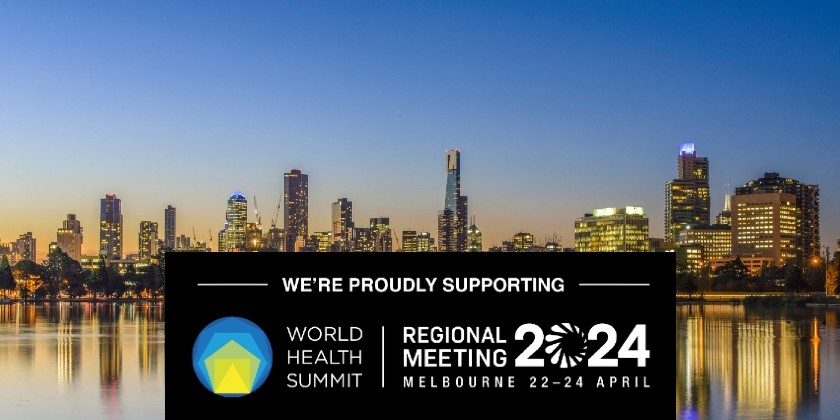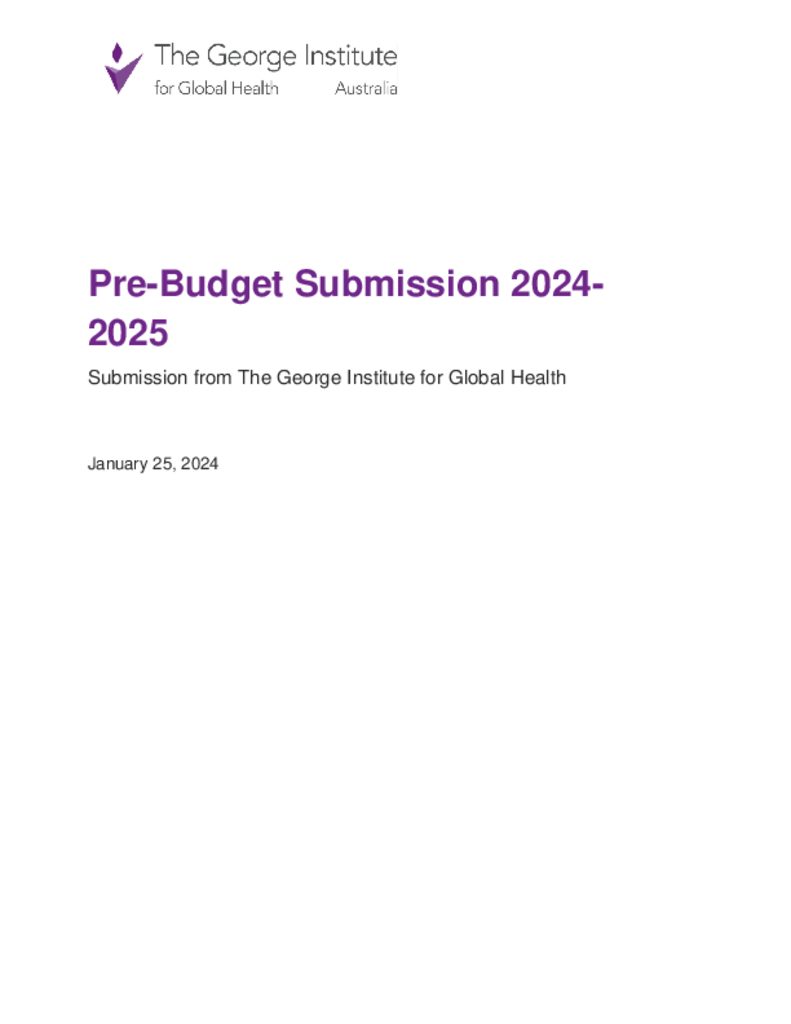Three research programs have received Round 4 funding for projects in key priority areas for the Institute: cardiovascular, nephrology, neurology and food policy.
Identifying the most effective integrated method to reduce CVD & CKD risk in diabetes
Receiving an Early-Mid Career Researcher Grant is Dr Min Jun, Renal and Metabolic Program Lead at The George Institute and Scientia Associate Professor at the Faculty of Medicine, UNSW Sydney. The funding will support execution of the REVERSE study - REducing cardioVascular and kidnEy RiSk in people with diabEtes.
For Australians living with diabetes, cardiovascular disease (CVD) and chronic kidney disease (CKD) are the leading causes of disability and death. Integrated care approaches that bring together a multidisciplinary team to improve coordination have been proposed as optimal models to overcome barriers such as lack of care coordination or poor communication between primary and secondary services, but wide variation makes it difficult to determine the most effective strategies, particularly across differing health service areas with varying needs and resources. Previous work has shown guideline-recommended glycaemic and blood pressure targets are not met in 32% and 39% of patients with diabetes respectively, despite the availability of strategies proven to delay and prevent the effects of CVD and CKD in high-risk patients with diabetes.
REVERSE is a large-scale, multicentre, randomised study that aims to fill this evidence gap by designing and assessing the key elements for successful integrated care with a focus on socioeconomically disadvantaged communities and individuals from culturally and linguistically diverse backgrounds. The study will co-create and test a comprehensive suite of interventions managed by an embedded cardiovascular nurse coordinator across health service regions that have a high prevalence of at-risk patients, e.g. Western and South Western Sydney region in NSW. The role will support patient management planning, improve support to general practice, promote lifestyle changes and self-management, and facilitate communication between primary and secondary health services. Ultimately the research aims to determine how effective this multi-faceted approach is in reducing CVD and CKD risk in people living with diabetes.
Using artificial intelligence to support treatment decisions in acute stroke
Senior Research Fellow Dr Xia Wang has secured an Early-Mid Career Researcher Grant for a project examining the potential for artificial intelligence (AI) to provide enhanced treatment recommendations and predictions for outcomes in patients with acute ischaemic stroke (AIS) and intracerebral haemorrhage (ICH).
The treatment of patients with stroke is increasingly complex, as new relationships are continually being discovered between features of the disease and emerging treatment options. Clinicians must constantly strive to keep up to date with advances and apply them to practice. AI could reduce variations in routine clinical practice and extract vital information that could improve the prediction of treatment responses and patient outcomes, including adverse events. This would then support healthcare professionals with the information they need to weigh up the probability of good and poor outcomes for an individual and to discuss treatment options with the patient and their family.
Dr Wang and her team will seek to answer whether a machine learning model that integrates routinely recorded clinical, laboratory and brain imaging data is able to reliably predict key clinical outcomes at a personalised level in patients, and whether the model is practical, acceptable to clinicians, nursing staff and family carers, as well as widely applicable.
Switching salts to make Australians healthier
Professor Bruce Neal, Executive Director of The George Institute Australia, has secured a Senior Researcher Grant for his work on ‘Switching the Salt Supply’.
High blood pressure remains a leading cause of premature death and disability in Australia and worldwide. Guidelines recommend people with hypertension (which includes six million Australians) eat a diet low in sodium to help manage their blood pressure and prevent cardiovascular diseases. The behavioural changes required, however, are too difficult for most people, who are unable to easily identify low-sodium foods and unwilling to reduce salt levels in cooking and seasoning because of the changes in taste.
Professor Neal’s team has shown that switching from regular salt (100% sodium chloride) to potassium-enriched salt (25% potassium chloride, 75% sodium chloride) can safely reduce blood pressure and prevent disease. Modelling studies show that millions of strokes and heart attacks could be prevented worldwide every year through making this switch, but potassium-enriched salt, while available in some Australian supermarkets and in 40 other countries around the world, is rarely recommended by doctors and is purchased by very few people.
The research aims to identify the best way to scale up appropriate use of potassium-enriched salt in people with hypertension. This will be achieved by building a NSW-based, but globally collaborative, multidisciplinary research translation platform that uses mixed methods research to define and test the optimal pathways to market. While the work will deliver a solution for Australia, the platform will also support countries all around the world to implement similar programs.















